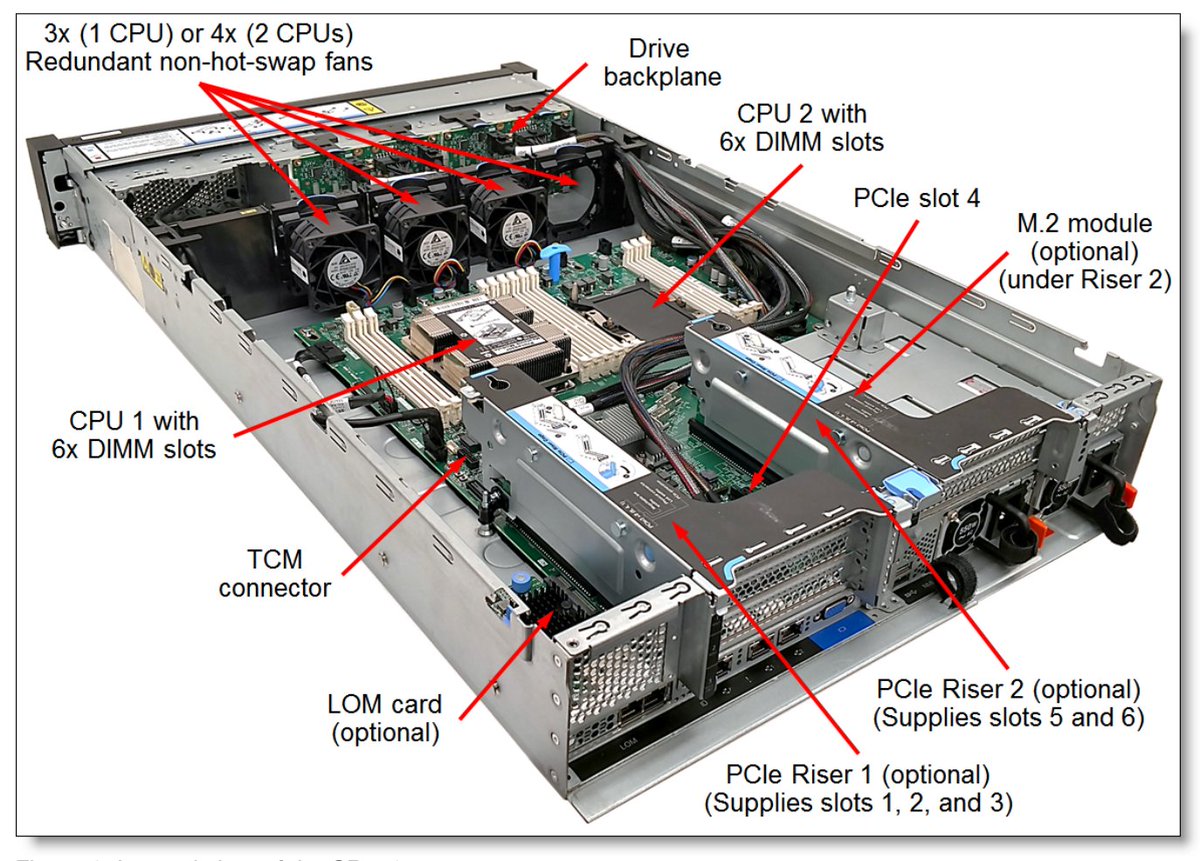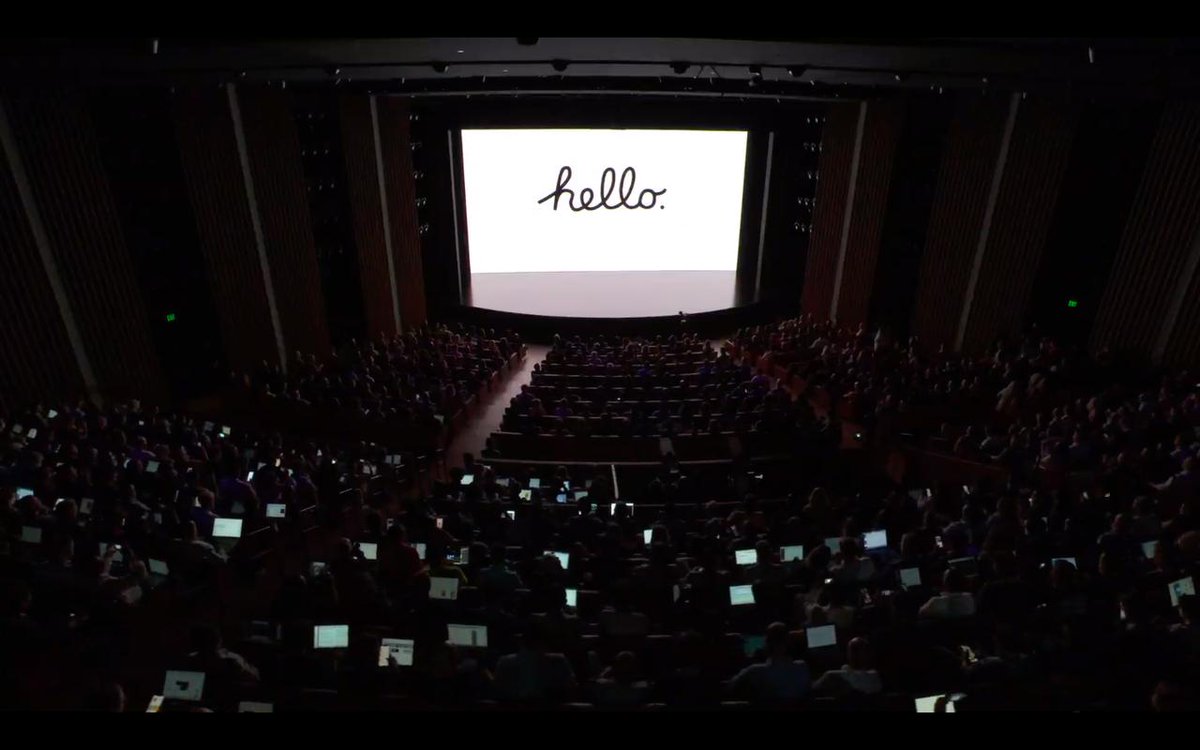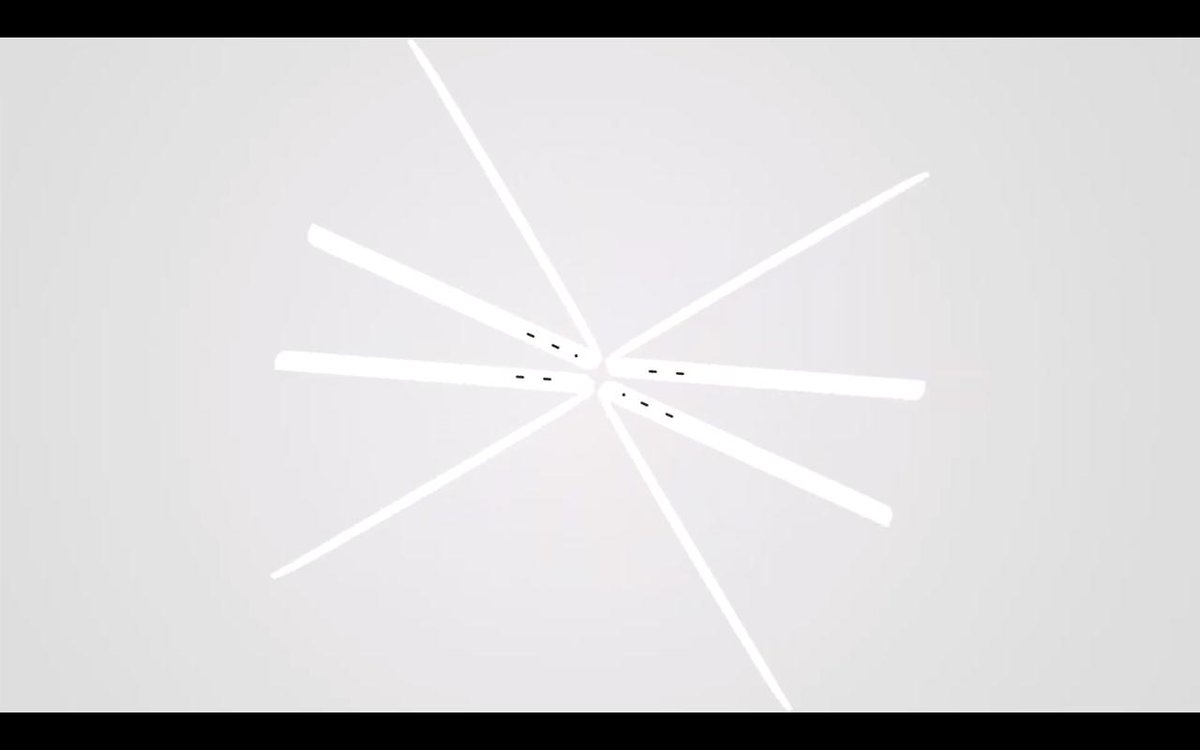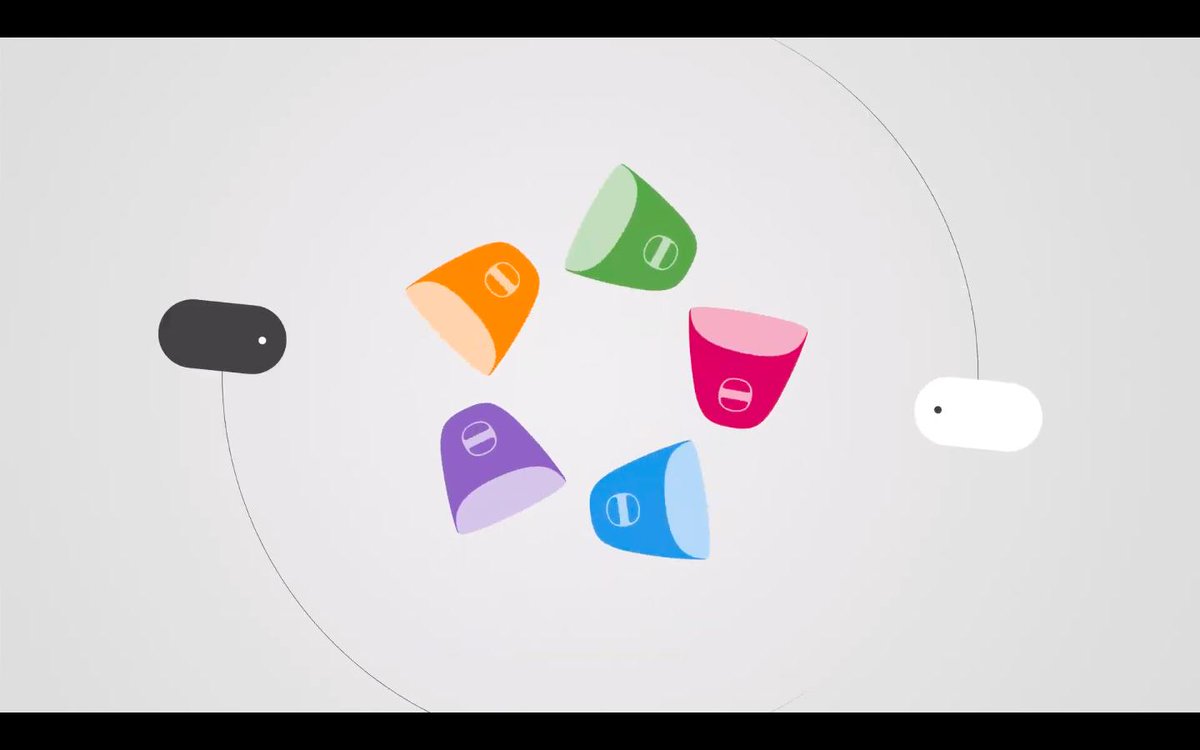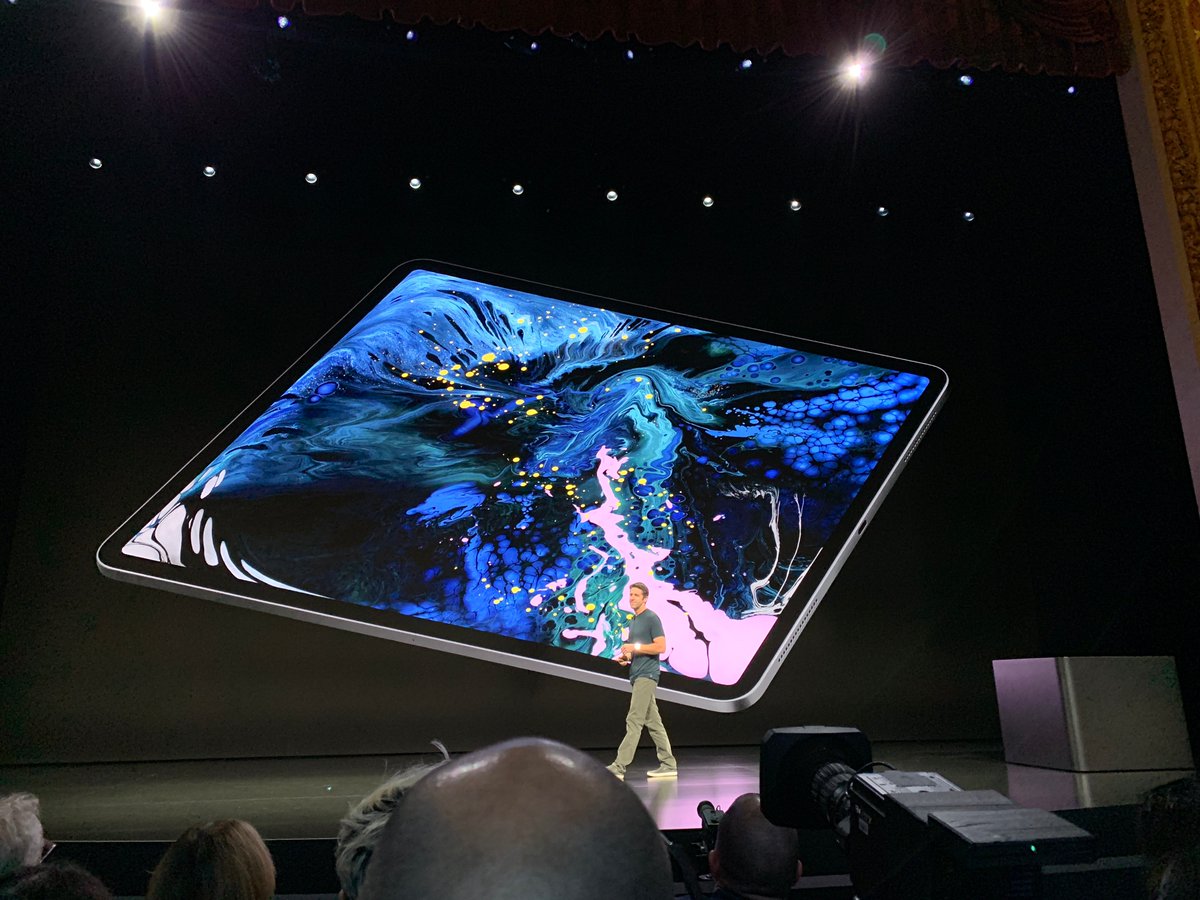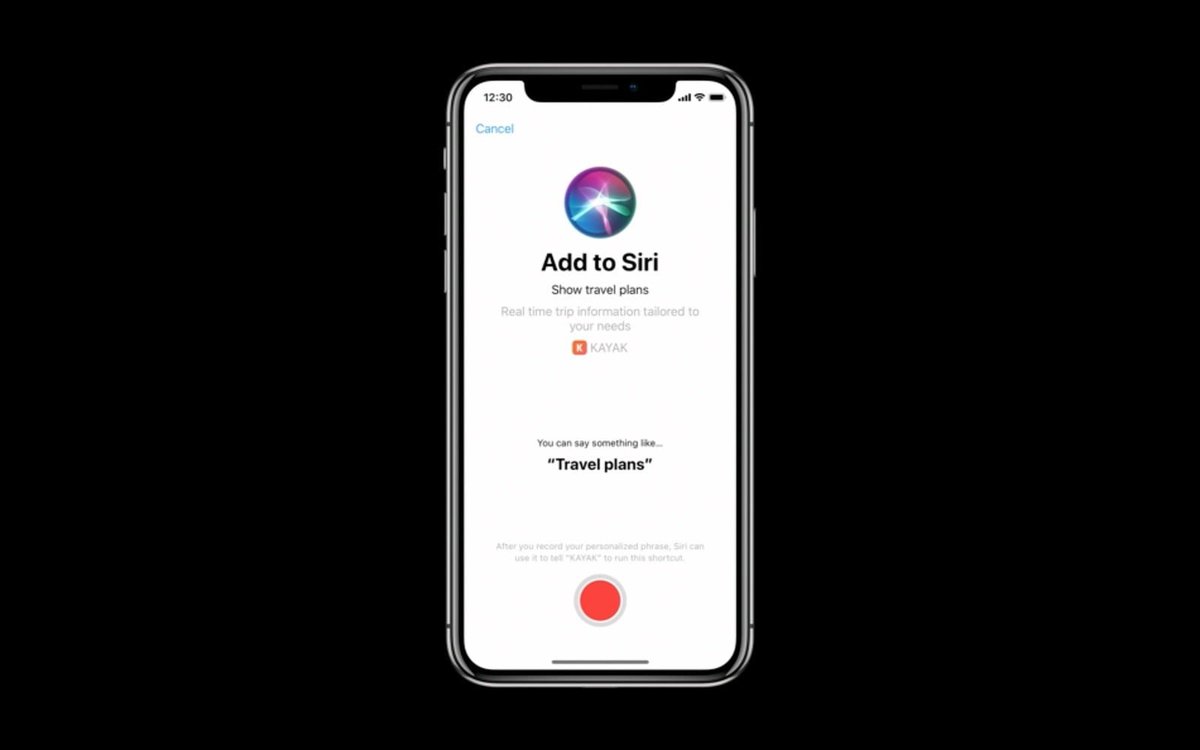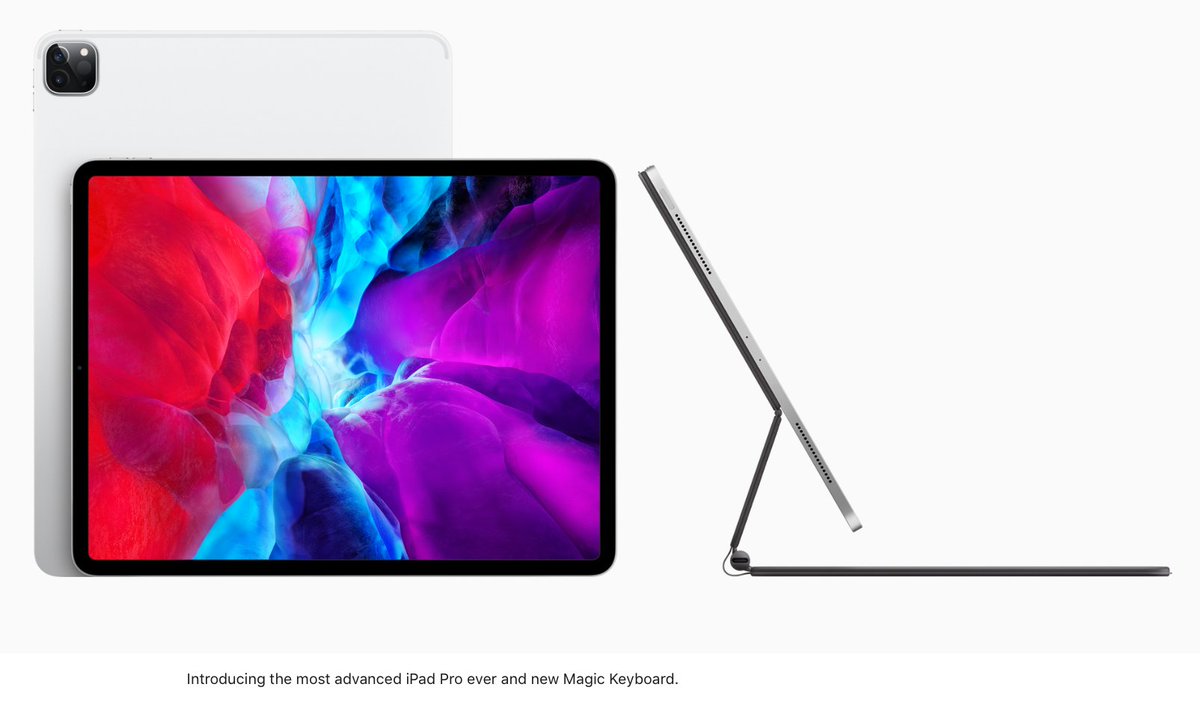
Tech dialog is rather divisive over these questions (dodged by marketing). "It can never work" or "It will eventually work".
Second, pundits attach labels to form factors and begin a process of very specific definitions (dimensions, peripherals.)
Under the hood, however, the forms are evolving. In fact the way they are evolving is often surprising.
So all those portables, added more floppies, hard disks, then expansion through ports/docks, and then ultimately CPUs as powerful as desktop.
All along the way, the new form is editing, innovating, and reimagining how those old things should be expressed in the new one.
PCs were literally created to be smaller and less complex computers. They eliminated all the complexity of mainframes at every level while making computing accessible and cheap.
They used commodity desktop PCs—literally the same as a desktop running in an office. That was the big advantage—cheap, ubiquitous, open!
Then the age of client server computing was before us, starting in the late 1990s.
But what followed was a classic case of convergent evolution.
Guess what? That's a mainframe! In twitter, this would be:
Mainframe, you've invented a mainframe.
Laptop, Apple has invented the laptop.
To think of it as capitulation would be to do so independent of how computing has evolved over decades. // END
More like “Mouse 3.0” and an evolution of the macOS trackpad. Much more to think about than “precision pointing.” Bigger than IntelliMouse Wheel 25+ yrs ago.
Browsing turned out to be the primary app benefitting from touch on Windows.
Browsing will turn out to be the primary app benefitting from the trackpad on iPadOS.
It isn't just because browsing is most used.
iPad Pro Gets a Trackpad! medium.learningbyshipping.com/ipad-pro-gets-…




